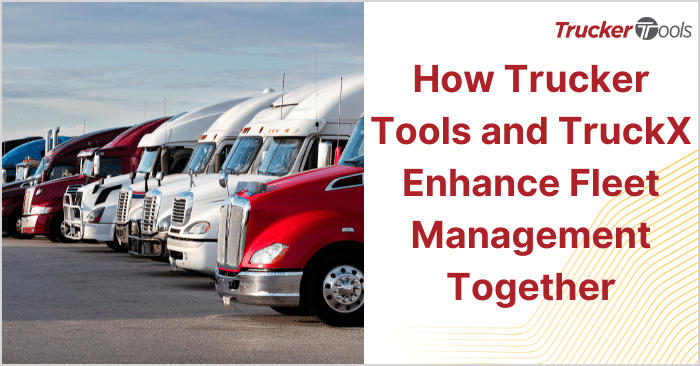One way that the COVID-19 pandemic has affected organizations is that people are placing more value on company culture and the environment in which they work. As the Wall Street Journal reported a few weeks ago, it’s currently a worker’s labor market in which many have become more discriminating about where and how they’ll work. Half of those polled in a recent NBC News poll said they would turn down a job offer if being in the office on a full time basis was a requirement. Even before the pandemic, company culture had become a top concern for most people looking for work. A 2019 Glassdoor study found that more than half of workers viewed workplace culture as more important than salary and 77 percent considered a company’s culture before they even applied for a job.
Company Culture and Its Continuing Evolution
Company culture, also known as organizational culture,
became a buzzword for many large corporations in the 1980s and 1990s. At the
time, efforts at shaping company culture often were based on a transactional,
top-down models concerned with maintaining profits and controlling work
environments and little else. Since then, notions of company culture have
deepened and become more authentic. With more research on organizational
culture available, company culture has become much more than a buzzword.
There’s a broader recognition today that every organization has a culture (whether it’s intentionally fostered or not) and that hiring employees whose values match that of an organization benefits everyone involved — organizations, individual employees, managers and customers. As Neil Irwin wrote in a recent New York Times article on the current job market, “Employers are becoming much more cognizant that yes, it’s about money, but also about quality of life.” Increasingly, workers look for transparency, good internal communication, clear mission and vision, work/life balance and a collaborative environment when they seek new employment.
How One Leading Logistics Provider Fosters Company Culture
Trucker Tools recently spoke with Jason Beardall, England Logistics’ President and a company culture thought-leader, about company culture within the logistics industry. According to Beardall, the England Logistics leadership team began acknowledging and fostering its company culture early on. The starting point was articulating and publishing the company’s core values, which Beardall says are at the heart of any company’s culture and already existed within England’s company’s culture.
“We put our company culture into an acronym called COACH,”
said Beardall. “The C in COACH is career, which is the personal development
aspect of career pathing; O is for open communication, the regular interaction
between team members and the criticality of them being candid with another and
offering regular feedback; A is accountability, being self-accountable,
constantly raising your own standard of expectation; C is celebration of other
teammates and what they’re able to accomplish; and H is hard work, which for us
means an element of urgency that is not measured in long hours. It’s measured
in the intense, be productive, be efficient in the hours that you work
mentality.”
Beardall said that England’s core values drive everything that the organization does and achieves, from hiring processes and internal communications to team management and strategic planning.

Why You Should Pay Attention to Your Company’s Culture
Companies that mindfully foster a positive company culture reap the benefits that the culture has to offer. When your company culture and core values are clearly defined, employees often are more vested in and satisfied by the work that they do, which helps every aspect of your business. A positive work environment even impacts the health of employees. A 2017 study by the Behavioral Science and Policy Association found that when employees work in an uneasy or stressful workplace, they are 50 percent more likely to experience health problems.
The benefits of a positive, thoughtfully maintained company
culture can include lower employee turnover, greater internal innovation, increased
productivity, higher profits, a stronger brand, higher customer satisfaction
and more. Like nearly every business, the freight brokerage and logistics
business is one built on relationships. When your employees feel valued,
respected and part of your organization’s forward trajectory, that “in this together”
sentiment infuses each and every interaction and relationship that they have
with co-workers, partners, customers and those outside the walls of your
business.






